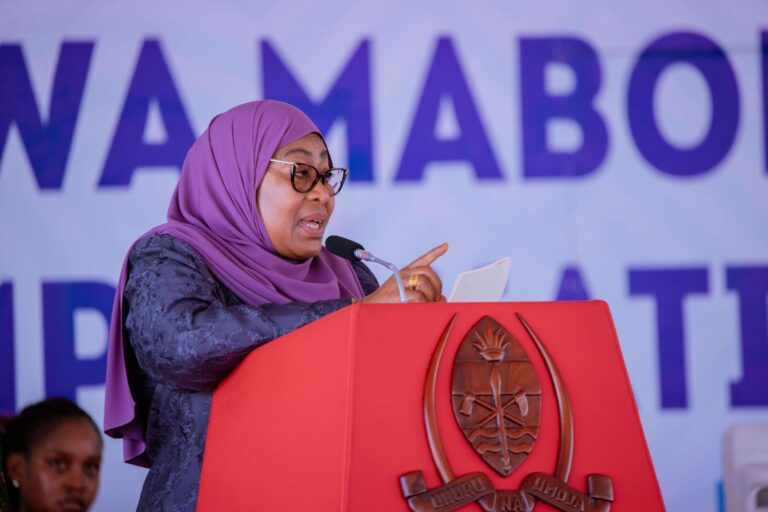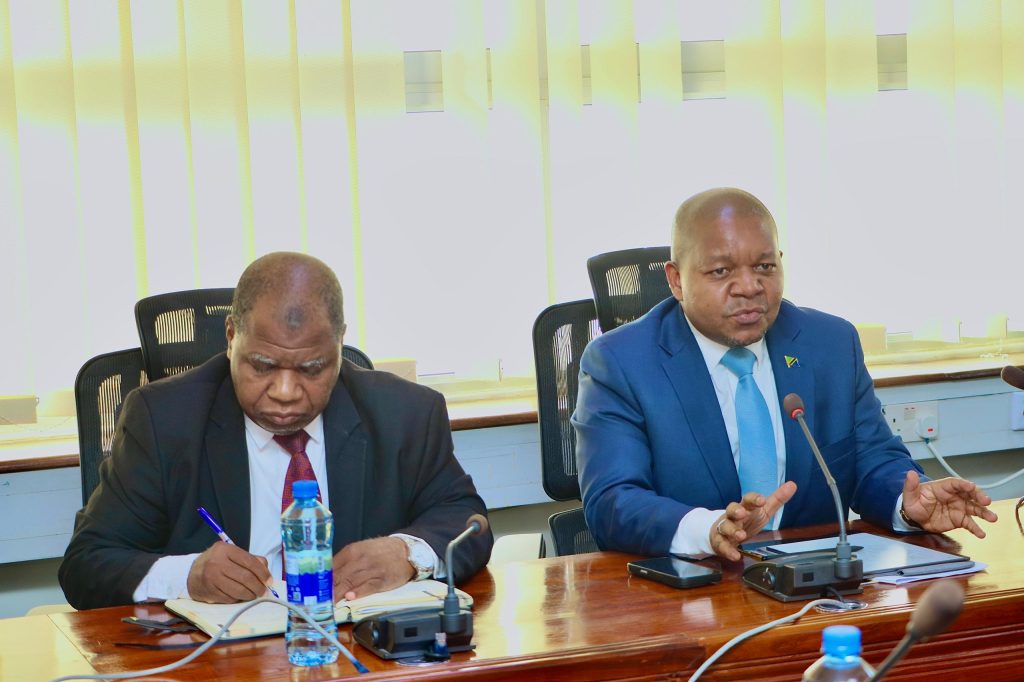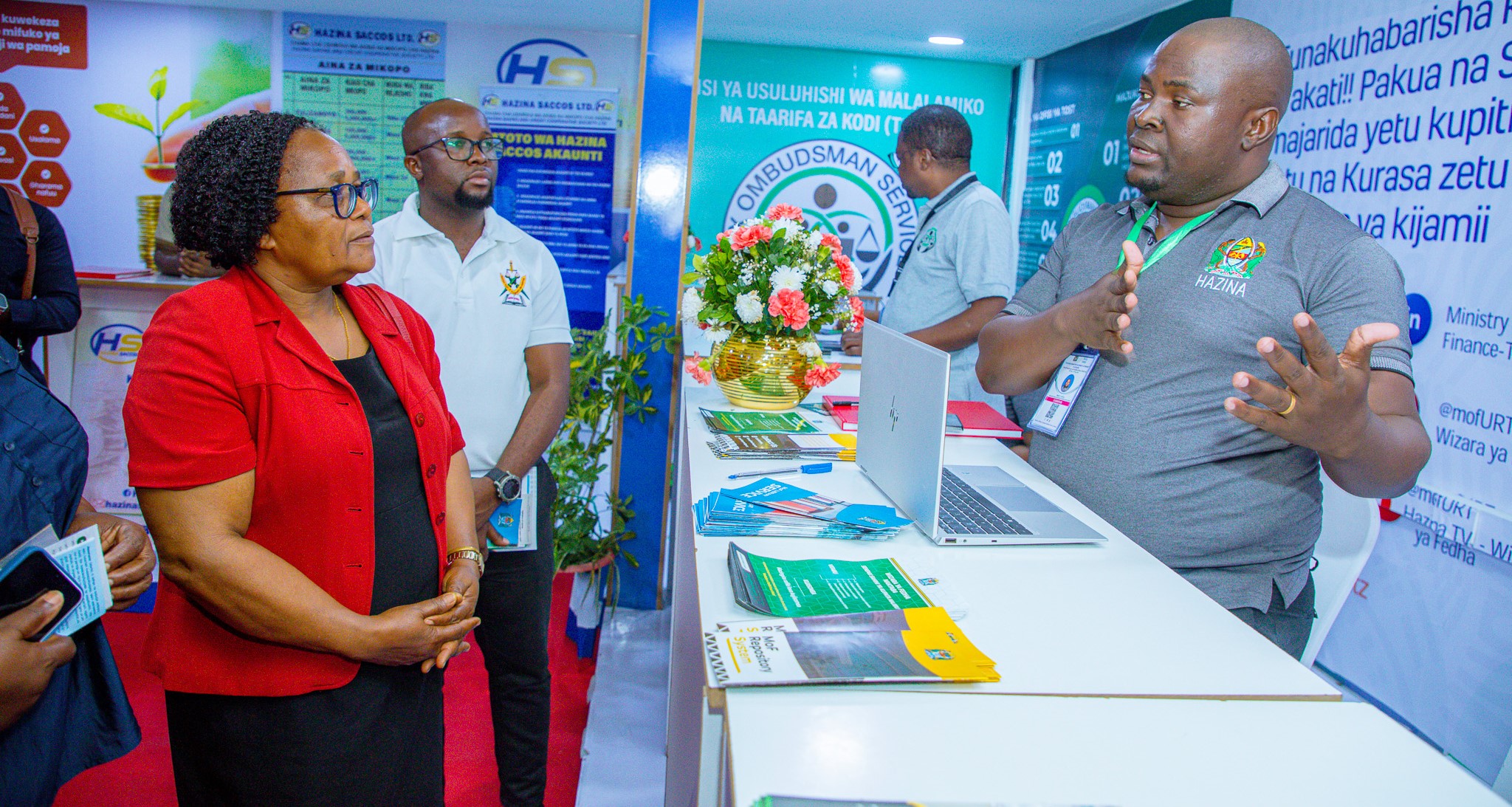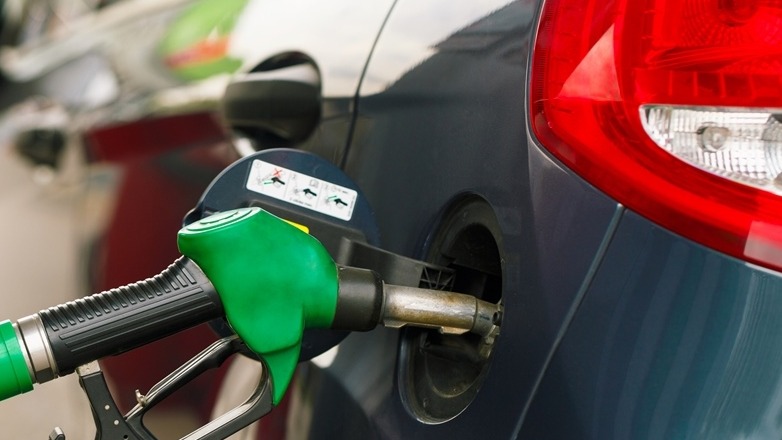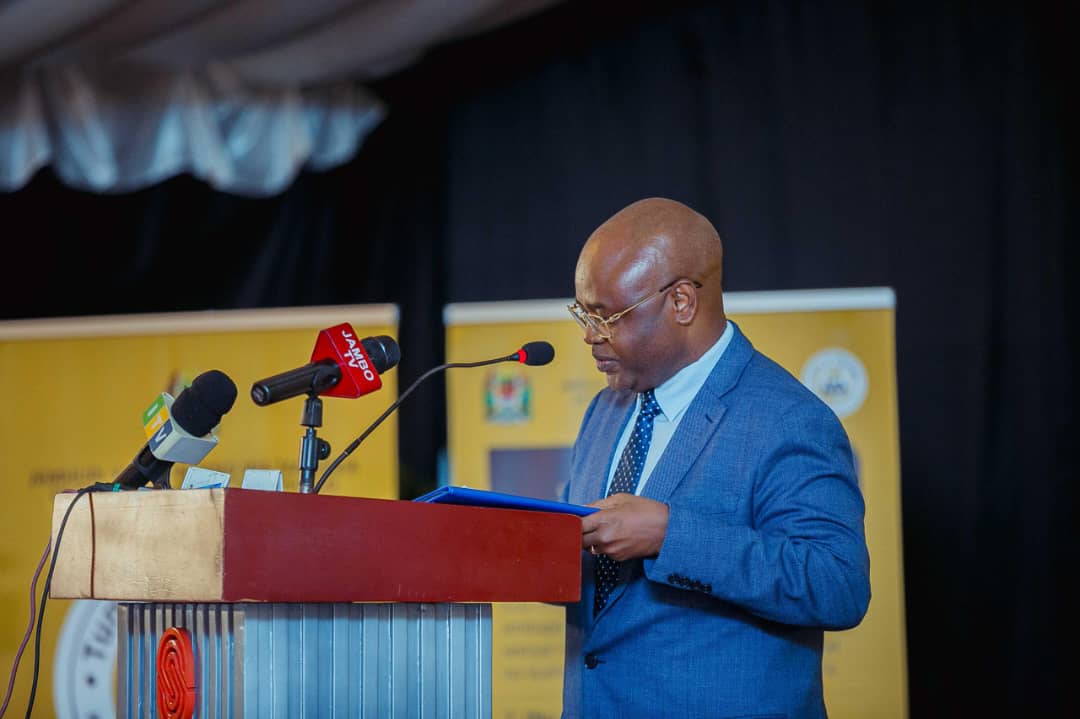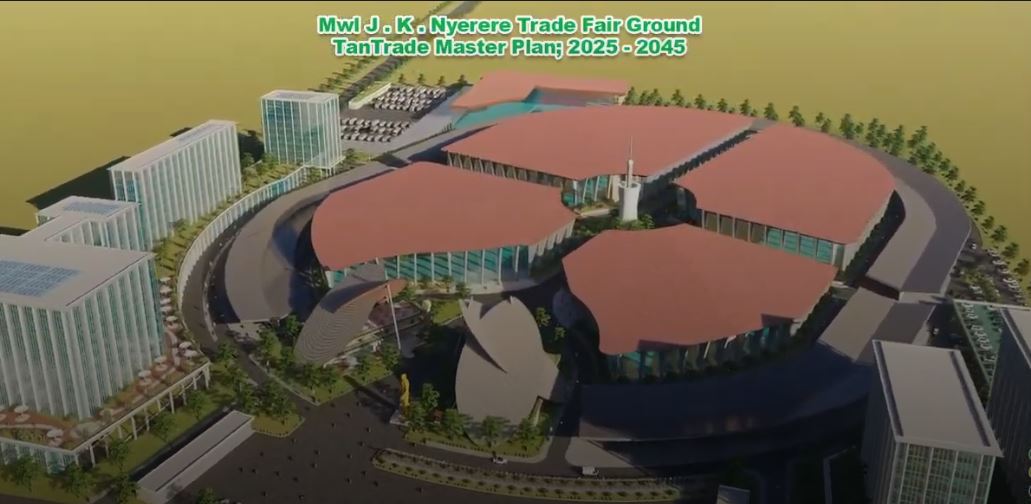Dar es Salaam. President Samia Suluhu Hassan of Tanzania has directed the Ministry of Energy to review the national oil transportation policy, enabling companies distributing fuel in the Northern Corridor to utilize Tanga Port through GBP (Gas and Oil Pipeline).
She issued this directive on Saturday in the Tanga Region during the groundbreaking ceremony for a new $50 million (about Sh124 billion) Liquefied Petroleum Gas (LPG) storage facility at GBP.
This initiative is part of a broader strategy to promote clean cooking energy usage among Tanzanians, with the government aiming for 80 percent of the population to use clean cooking energy by 2034.
“GBP is doing an excellent job, but those transporting fuel for distribution in this region or exporting it should not be taking oil through Dar es Salaam,” she instructed in Tanga. “Review the policy to facilitate this.”
The case for Tanga Port
President Samia pointed out that GBP in Tanga has sufficient fuel to supply the Northern Corridor and neighboring countries, making it unnecessary for distributors to source oil from Dar es Salaam.
This directive not only aims to streamline fuel distribution but also to optimize the use of existing infrastructure, potentially reducing costs and increasing efficiency in the oil supply chain.
In another development, the President commended GBP for its initiative to establish gas filling stations in every region, reinforcing the government’s support for this investment.
This aligns with the administration’s goal of fostering a sustainable energy sector that meets the growing demands for clean energy sources.
Commitment to investor-friendly policies
In her address, President Samia assured investors that the government is committed to creating friendly and sustainable policies that will enable local investors to compete both domestically and internationally.
This commitment comes amid increasing interest in the energy sector, particularly in clean cooking solutions.
Prior to the President’s remarks, Deputy Minister for Energy, Ms Judith Kapinga, highlighted the significance of Tanga as a key hub for receiving and distributing fuel to Northern regions and neighboring countries.
“GBP is an economic partner in the energy sector, especially in the oil sub-sector, as their facilities are utilized for receiving and distributing fuel in the North,” she stated.
Ms Kapinga praised President Samia for providing momentum for sound policies that encourage investment in the energy sector.
She noted that the government, through the then Tanzania Investment Centre (TIC), has been supporting investors with tax measures, including exemptions on value-added tax for LPG equipment.
Impacts on local investment and industry growth
The implementation of favorable investment policies has reportedly increased enthusiasm among local investors, allowing them to compete effectively against foreign entities bringing in equipment from abroad.
This competitive landscape has also spurred the growth of manufacturing industries focused on producing household gas solutions.
The ongoing evolution of the energy sector in Tanzania reflects a concerted effort by the government to embrace clean energy technologies and enhance the local investment climate.
By prioritizing Tanga Port for oil distribution and supporting infrastructure development, the Tanzanian government aims to position the country as a leader in the regional energy market.
As the energy landscape continues to transform, the successful execution of these policies will be crucial in meeting the national goals for clean energy access and economic growth, ultimately benefiting Tanzanians and positioning the country for future opportunities in the energy sector.

